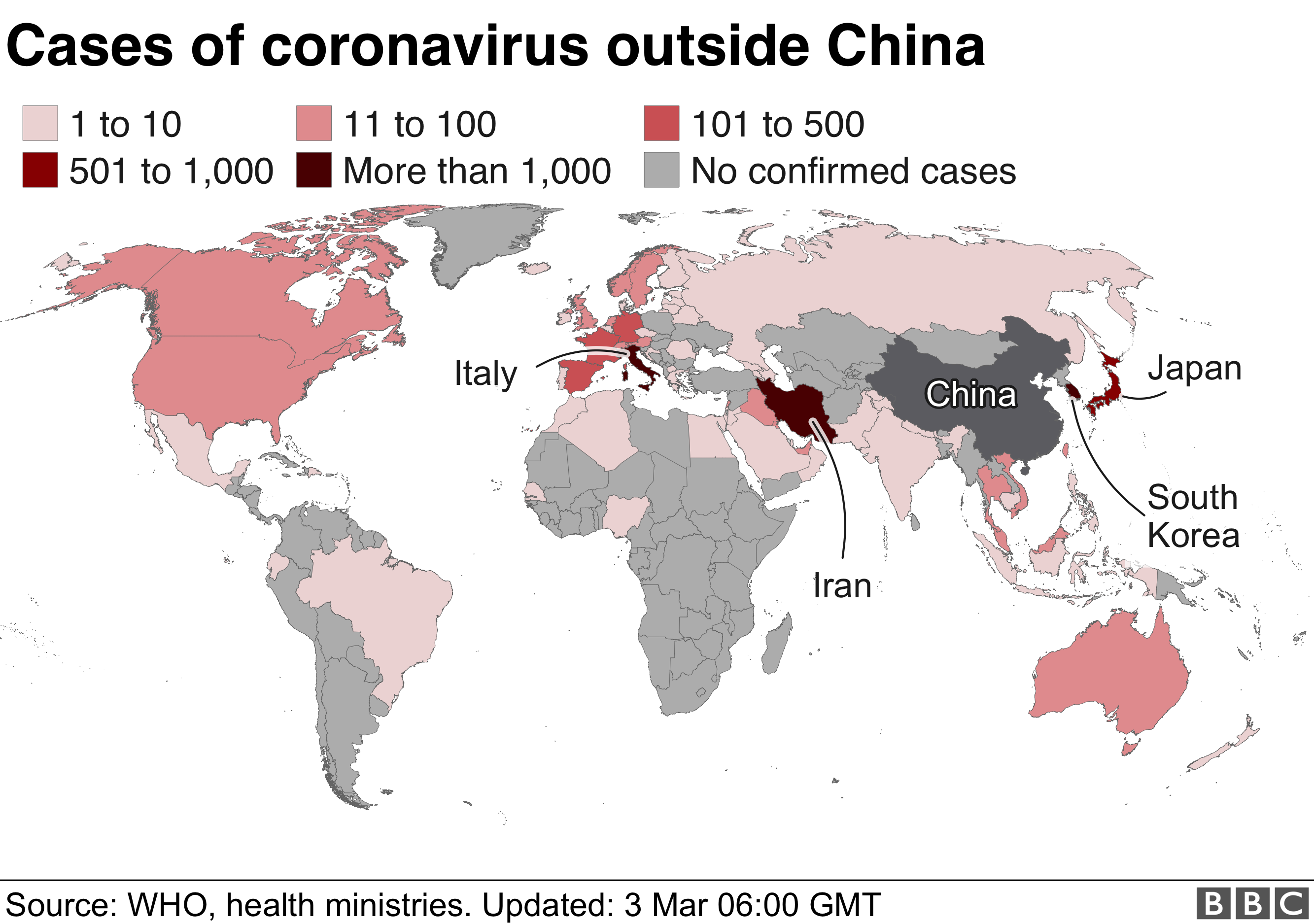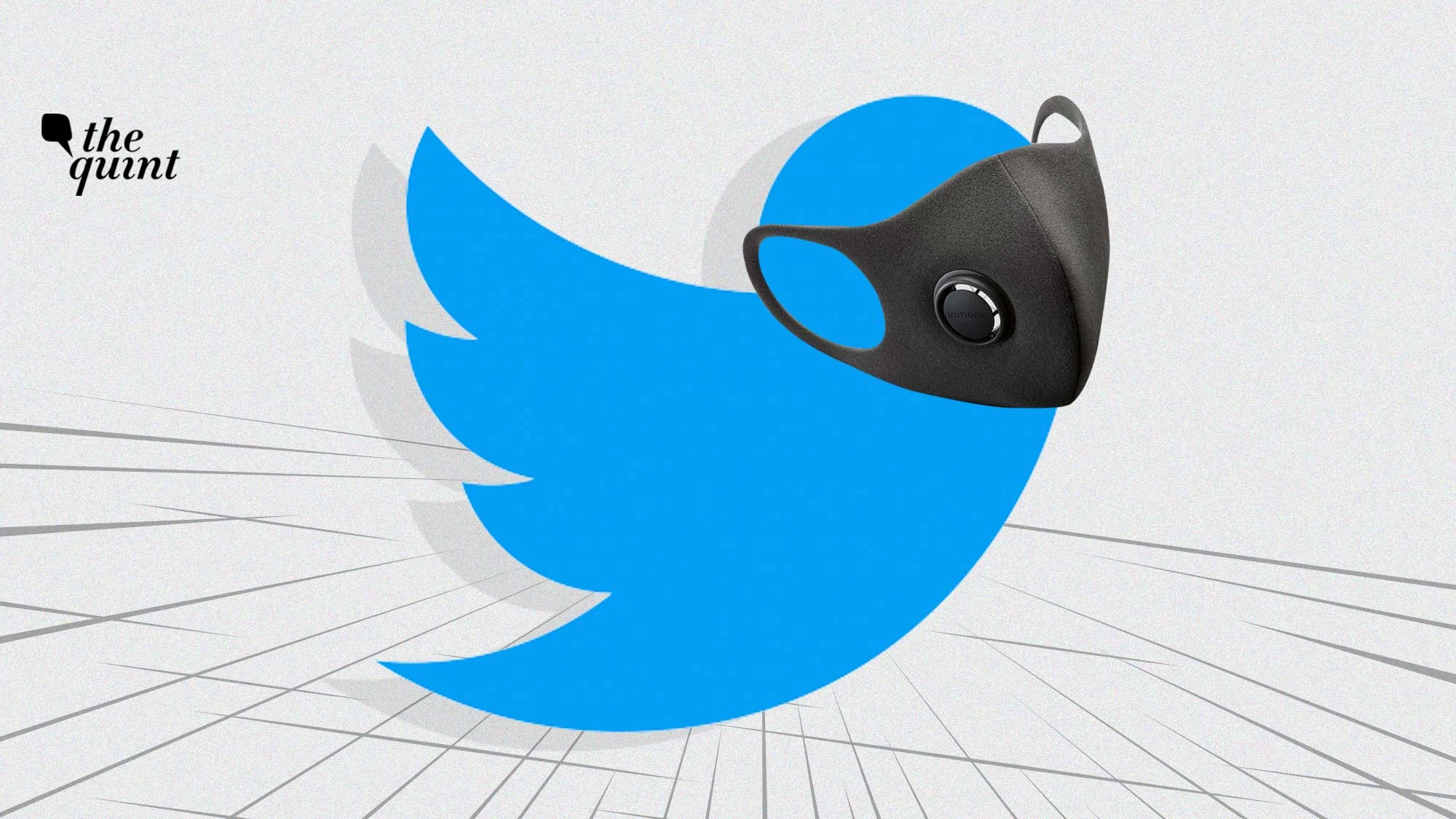The COVID-19 virus is surely something that needs no introduction.
With close to 5 million cases worldwide, and around 300,000 deaths over the
past 6 months, I think it is safe to say that the virus has successfully
infiltrated all of our lives in one way or another.
However, here is some food for thought: will the impacts of
the virus ever truly go away? Will it ever leave our lives? Will we ever be
free from its fallout and the repercussions of the virus?
 |
| The impact of the Coronavirus (Source: Atlantic Council) |
Well, in medical terms, the timelines for an effective
vaccine (No, Gangajal doesn’t count. Neither do pigeons.) is estimated to be anywhere
from 8 months to over 2 years.
But that’s not the bigger question? With the trillions of
dollars being poured into the research, and the efforts being made, sooner or
later we will have a cure. So, then what is this article about?
This is about the other secondary and unintended consequences
that the virus may have on the way people live their lives. There are several
aspects to this, and this is what has been discussed below.
 |
| The Virus and the World (Source: Economic Times) |
So, read on to see how the virus will change the way you go
through your life:
Increasing Health Awareness
As per researchers from the John Hopkins University, future
pandemics will be deadlier, more likely to occur, and harder to control. Yes, they’re
already thinking about future pandemics. As though the current one wasn't already
enough trouble.
However, they have also said that there is a very small
window that we have, while we are working to avoid the extent of the consequences
of this pandemic, to prevent future pandemics. Their solutions include more
comprehensive and stronger healthcare facilities with greater monitoring,
especially in areas which are more likely to become hotspots.
 |
| Growing Health Awareness (Source: RevCycleIntelligence) |
Come to think of it, this sounds pretty intuitive right? But,
the definition of a hotspot may not always be what you think it is. Generally, probable
hotspots for communicable diseases were considered to be poor and developing
countries in Asia and Africa, because they were poor, illiterate, and
uninformed.
The corona-virus has shown all of us just what is wrong with such
an assumption. Considering that the main countries affected by the pandemic are
USA, Italy, and Spain, which are more or less among the strongest and most
developed countries in the world.
The world has seen Western countries, the pillar and the
pinnacle of democracy and development, scramble as they struggled to deal with
the virus.
 |
| Impact of Coronavirus on Countries (Source: BBC) |
Hence, one of the almost guaranteed consequences of the
virus will be an increased amount of attention being paid to medical
facilities. You can definitely expect to have greater medical budgets and more
scrutiny in the future to detect any such pandemics before they arise. More efforts
will be made to make healthcare accessible and affordable to everyone.
So, what does this mean for you, on an individual level? Better
medical facilities, for starters. Not to mention more jobs, more development,
and a higher life expectancy.
Seems some good will come out of the pandemic after all,
right?
Work from Home Culture
With the pandemic spreading at exponential levels and social
distancing thought to be the only solution, most (if not all) companies had to
consider work-from-home options for their employees. At least for those whose physical
presence is not required in the workplace.
 |
| Work from Home Culture (Source: CNBC) |
However, within a few months, most organizations and managements
came to the realization that work-from-home wasn’t half bad. More productivity,
less holidays, and above all, lower operating expenses on maintaining offices. Not
to mention, executives can now work from their pyjamas instead of suits.
And so, many companies decided that even after the virus had
been dealt with, they would like to continue the practice of working from home
as far as possible. Obviously, this would not be possible for blue-collar jobs,
but for management positions, working from home is very likely to become the norm.
Among major international companies that have adopted the
work from home culture, EXL is one, followed by Twitter and several other tech
giants. This move would also allow companies to be able to hire employees from
all over the world, thereby also bolstering the freelance culture.
 |
| Twitter employees may work from home permanently (Source: The Quint) |
Considering that this is a win-win situation for both employees
as well as the employers, this is another very probable change that you can
expect to see in the world around you after the lock-down.
Online Education
Another major effect of the virus was seen and felt in the
field of education. With schools and colleges shut down, and most exams
postponed indefinitely, most institutions were forced to consider alternative
solutions, namely online education.
Several exams were conducted online, especially for
university and college entrances. Most classes were conducted online through
video conferencing apps. And just like with offices, schools and college saw that
this was a wonderful way to reduce their overhead costs and increase student
productivity at the same time.
Not just conventional schools and universities, even online
learning platforms like Coursera and Udemy saw greater traffic during this
period, thereby implying that more and more people are now experimenting with
online education.
| Popular online learning platforms (Source: Medium) |
Hence, another possible consequence of the virus and the
lock down is an increasing awareness regarding online education, and it is quite
probable that most schools would switch over completely to online methods of
teaching. This would obviate the need for an expensive building and the
maintenance, and also enable these institutions to be able to hire staff from
anywhere in the world.
While there have been concerns regarding socializing and physical
activity if such a move is taken, ways to work around this are being discussed,
and this is definitely something you can expect to see within the next few
years.
 |
| Growing Popularity of Online Education (Source: Franchise India) |
So, while the virus definitely has its cons (rather large
ones at that), it also does have some pros. Better healthcare, more convenient
and flexible workplaces, and a greater emphasis on online education may very
well be the answers the world is looking for, for the betterment of the entire
society as a whole.
The glass may not be half full, but it’s definitely not all
empty, so let’s try and focus on that.
-NK

If handled with proper steps and a bit of the good ol' resource known as common sense, this pandemic could be one of the best things that happened to shape humanity for the better. It all depends on the perspective one decides to adopt.
ReplyDelete